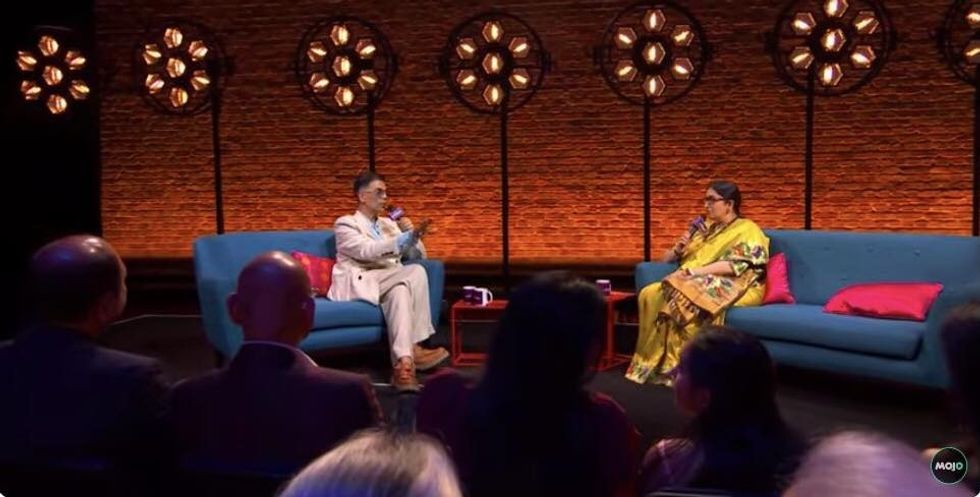MILLIONS of Sri Lankans are voting today in the country's presidential election, the first significant electoral event since the severe economic crisis in 2022.
President Ranil Wickremesinghe, who claims to have steered the nation towards recovery, is seeking another term. Analysts have described this election as the most closely contested since 1982, with 38 candidates competing.
Around 17 million people are eligible to vote at over 13,400 polling stations. More than 200,000 officials are involved in the electoral process, supported by 63,000 police personnel. Voting began early this morning and will continue until evening, with results expected by Sunday.
Wickremesinghe, 75, is running as an independent candidate for a five-year term. He is campaigning on his efforts to lead Sri Lanka out of the economic crisis, which experts have noted as one of the quickest recoveries globally.
The 2022 economic collapse led to a popular uprising that forced then-president Gotabaya Rajapaksa to leave the country. Wickremesinghe was appointed president by Parliament shortly after Rajapaksa's exit.
"This is a turning point for Sri Lanka to move away from the traditional politics and economy that destroyed the country, and towards a new social and political system," Wickremesinghe said after casting his vote in Colombo.
During Wickremesinghe’s tenure, the Sri Lankan rupee has stabilised, inflation has dropped from over 70 per cent to nearly zero, economic growth has improved from contraction to positive, and government revenue has increased due to new taxes and a rise in value-added tax (VAT).
Wickremesinghe faces competition from Anura Kumara Dissanayake, 56, of the National People's Power (NPP), and Sajith Premadasa, 57, of the Samagi Jana Balawegaya (SJB) and the main opposition leader. Both challengers have promised to modify the International Monetary Fund (IMF) programme to provide more economic relief to the public.
The election is being closely watched as no candidate has ever won a Sri Lankan presidential election through a second round of counting, as first-preference votes have typically determined the winner.
However, this year could see a change, as analysts predict a closely contested outcome. If no candidate receives more than 50 per cent of the vote, a second round of counting will be conducted based on voters' second and third preferences. There are concerns that some voters may not be familiar with this system, potentially leading to a higher number of rejected votes.
The central issue in this election is the economy and its recovery, with all three main candidates committing to continue with the IMF-backed reforms. The minority Tamil issue, which has been prominent in previous elections, is not a major topic this time.
(With inputs from PTI)


















 Karan Johar and Smriti Irani
Karan Johar and Smriti Irani